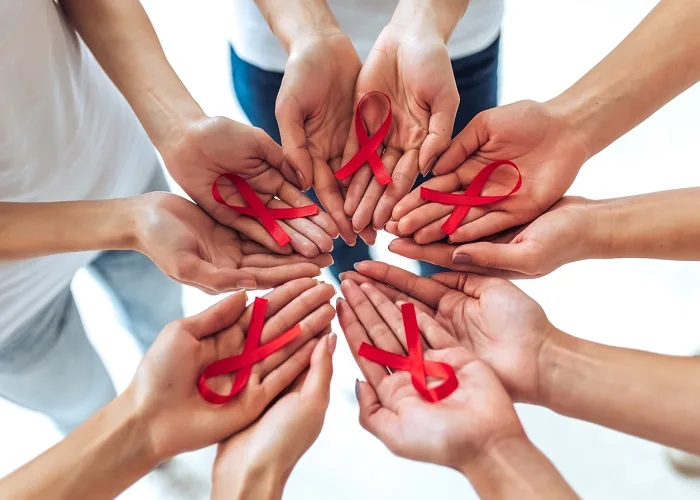HIV & AIDS

Living With HIV & AIDS
AIDS is a immune system disease caused by the human immunodeficiency virus (HIV). HIV damages the immune system and interferes with the body's ability to fight infection and disease. HIV can be spread through contact with infected blood, semen, or vaginal fluids. There's no cure for HIV/AIDS, but medications can control the infection and prevent disease progression. Some people with HIV develop flu-like symptoms 2 to 4 weeks after getting the virus. People taking HIV medications may not have other symptoms for years. As the virus multiplies and destroys immune cells, symptoms can develop such as fever, fatigue, and swollen lymph nodes. Untreated, HIV typically turns into AIDS in about 8 to 10 years. No cure exists for HIV/AIDS, but medications can control HIV and prevent disease progression. With treatment, most people with HIV in the U.S. don’t develop AIDS.